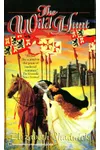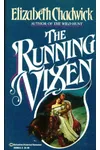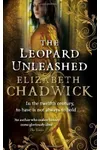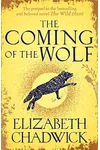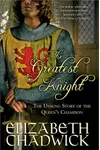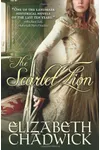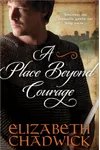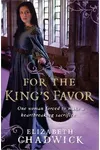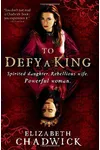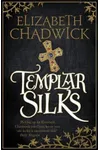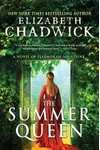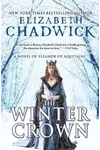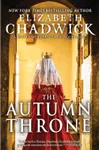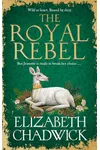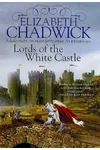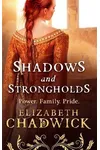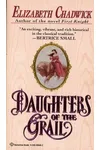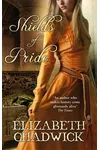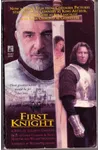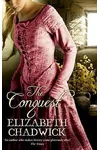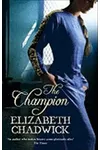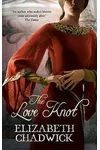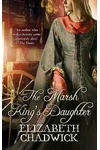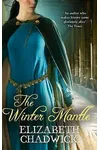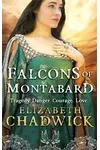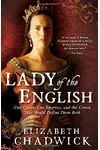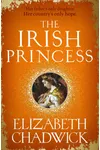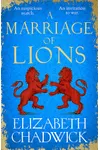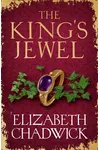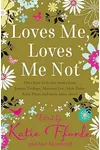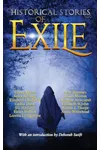Picture a British storyteller who whisks you to medieval courts with a flick of her pen—meet Elizabeth Chadwick! Born in 1957, this historical fiction maestro has enchanted readers worldwide with her vivid tales of knights, queens, and epic battles. Her meticulous research and knack for breathing life into the past have earned her the title of 'the best writer of medieval fiction currently around' by the Historical Novel Society, and her works, translated into 16 languages, are a testament to her storytelling prowess.
From her debut novel, The Wild Hunt, which snagged a prestigious Betty Trask Award, to her New York Times bestseller The Greatest Knight, Chadwick has built a legacy that transports readers to the heart of the Middle Ages. Ready to gallop through her world? Let’s dive in!
The Making of Elizabeth Chadwick
Born in Bury, Lancashire, Elizabeth Chadwick moved to Scotland at age four, growing up in the village of Newton Mearns near Glasgow. Her love for storytelling sparked early—she was weaving tales before she could read, inspired by TV shows like The Lone Ranger and historical dramas. By 15, a fascination with a French knight in the series Desert Crusader led her to pen her first medieval novel, cementing her dream of writing historical fiction. After moving to Nottingham at 10, she honed her craft, facing rejections but winning competitions until her breakthrough in 1989 when literary agent Carole Blake championed The Wild Hunt.
Elizabeth Chadwick’s Unforgettable Stories
Chadwick’s novels are a masterclass in historical fiction, blending meticulous research with vibrant characters and gripping narratives. Her debut, The Wild Hunt (1990), set in Norman-occupied Wales, follows Judith of Ravenstow and her roguish husband Guyon in a tale of romance and rebellion, earning a Betty Trask Award for its evocative storytelling. The Greatest Knight (2005) brings to life William Marshal, a 13th-century knight whose chivalry and loyalty made him a legend; it became a New York Times bestseller for its vivid portrayal of medieval politics.
The Scarlet Lion (2006), a sequel, continues Marshal’s saga with his wife Isabelle de Clare, earning praise as one of the decade’s top historical novels by Historical Novel Society founder Richard Lee. Her Eleanor of Aquitaine trilogy, including The Summer Queen (2013), showcases Chadwick’s ability to humanize iconic figures, weaving romance, intrigue, and power struggles with a keen eye for historical detail. Her style—rich, immersive, and emotionally resonant—makes the Middle Ages feel both alien and relatable, balancing historical accuracy with compelling drama.
Chadwick’s research is legendary; she dives into primary sources, visits historical sites, and even participates in medieval reenactments with Regia Anglorum to ensure authenticity. Her novels pulse with sensory details—think clinking armor, bustling markets, and the tension of courtly intrigue—making her a favorite among history buffs and romance readers alike.
Why Elizabeth Chadwick Matters
Elizabeth Chadwick’s impact on historical fiction is profound. Her ability to resurrect forgotten figures like William Marshal or illuminate complex women like Eleanor of Aquitaine has redefined medieval storytelling. Her novels, sold in 18 languages, have captivated a global audience, earning her accolades like the 2011 RNA Historical Novel Prize for To Defy a King. Beyond her books, Chadwick engages fans through lectures, blogs, and social media, fostering a community of history enthusiasts. Her work inspires readers to explore the past, proving that history isn’t just dates—it’s a living, breathing saga of human triumphs and struggles.
About Elizabeth Chadwick
- Born: 1957 in Bury, Lancashire, England
- Key Works: The Wild Hunt, The Greatest Knight, The Scarlet Lion, The Summer Queen
- Awards: Betty Trask Award (1990), RNA Historical Novel Prize (2011)
- Fun Fact: She’s a member of Regia Anglorum, a medieval reenactment group!
Snag The Greatest Knight and dive into Elizabeth Chadwick’s spellbinding medieval world—your ticket to the past awaits!
